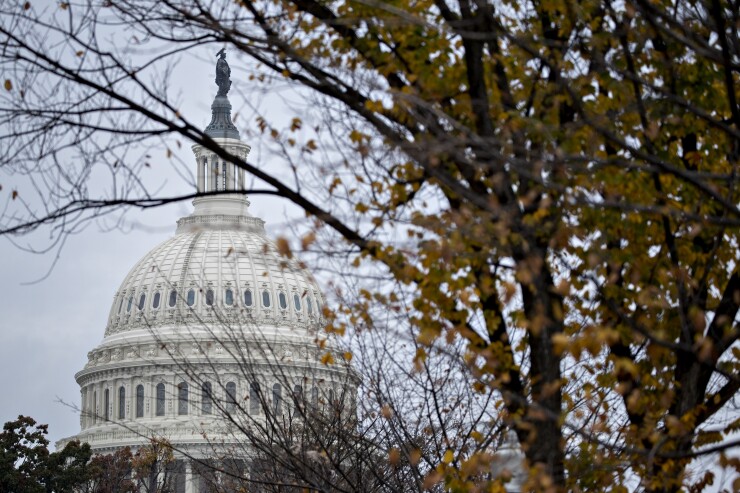Employer groups applauded Congress for including a two-year delay of the Cadillac tax on employer-sponsored health plans in the funding bill that reopened government.
American Benefits Council President James A. Klein says the move to delay implementation of the 40% tax on the most expensive plans until 2022 was crucial for maintaining strong worker benefits.
"Because companies typically make health plan decisions 18 to 24 months in advance, employers were reluctantly considering curtailing benefits or increasing workers' out-of-pocket costs to meet the prior 2020 deadline,” he says.

Charles Symington, senior vice president of external, industry and government affairs at The Independent Insurance Agents & Brokers of America, adds, "If enacted, this harmful tax would hit many of our small business members and their clients, potentially forcing them to choose between paying the tax or reducing benefits for their employees.
"Over time, the tax would impact more individuals because the threshold is tied to a slow measure of inflation, creating a snowball effect that would do irreparable damage to the employee benefits marketplace," he says. "It is imperative that Congress continues to protect the employer-sponsored healthcare system for the 177 million Americans who depend on it. The Big ‘I’ supports full repeal of the ‘Cadillac’ tax and looks forward to continuing to work with the Trump Administration and leaders in Congress to ensure it never sees the light of day.”
Klein agrees. The “welcome reprieve allows employers to maintain the health coverage working families need and want while we continue to work to address this tax permanently.
"The Council continues to believe that full repeal is the only real solution to this onerous tax on working families," Klein says. "But we are very grateful for the two-year delay approved by Congress."
Also see: "
The tax was included as part of the Affordable Care Act in an attempt to discourage workers from over-consuming healthcare. The idea was that many buy unnecessarily expensive plans, since they are not taxed on those earnings applied to premium costs.
But opponents argued the 40% rate on employers that offer those plans was punitive, since it is much higher than the average tax rate paid by middle-income workers.
The tax was originally set to take effect in 2018, but was then was postponed until 2020.
“Repealing this tax has strong bipartisan, bicameral support. We appreciate the continued efforts of our champions in the House and Senate to work on full repeal: Sen. Dean Heller (R-Nev.), Sen. Martin Heinrich (D-N.M.), Rep. Mike Kelly (R-Penn.), and Rep. Joe Courtney (D-Conn.). We look forward to the president signing the two-year delay into law as quickly as possible,” Klein says.





